Ready to dive deep into the Pinterest for Business Mindset?
Today’s podcast episode is all about how to have the right mindset around your Pinterest marketing business. There is a certain frame of mind you need to have before you get started so that you don’t get frustrated and experience burnout.
Is Pinterest Marketing Right for My Business?
If you are new to Pinterest, you may find yourself asking, Is Pinterest a good idea for my business?
If that’s the case, start by finding out if your audience is already using the platform. If the answer is yes, you definitely need to start using Pinterest as part of your business marketing plan.
Perhaps you don’t know if you have the time or resources to create great images for the platform. Pinterest images differ from all other social media images, so it will take extra time and effort.
And why would you want to dive into Pinterest marketing? Is it a good fit for you and your business?
This post contains affiliate links, which means if you make a purchase through these links, I may receive a small commission at no extra cost to you. Click here to read my full disclosure policy.
The Pinterest for Business Mindset
Pinterest vs. Other Social Media Platforms
Once you have decided to take the leap and use Pinterest for marketing, the very first thing you need to know is that you can never compare Pinterest to Facebook or Instagram.
A lot of people head over to Pinterest from Instagram and think the engagement will be the same as long as they are using their Instagram tactics. But applying tactics from one social media platform, (Instagram) to a search and discovery network, (Pinterest) will not work.
The engagement you receive on Pinterest is so different from what you receive on other networks. On Instagram, you might receive a click, a like, or a comment and feel like that’s a win. On Pinterest, however, the user is trained to click on a pin and go over to your website.
Also, keep in mind that what your Instagram audience likes might be different from what your Pinterest audience likes.
Take some time to search your name on Pinterest and see what content is being pinned from your site (you can do this by searching www.pinterest.com/source/yournamehere). This little exercise will help you to understand what Pinterest users are attracted to on your website.
Three Key Elements for the Pinterest for Business Mindset
The three most crucial points that should inform your Pinterest mindset are:
• Images are different. You have to have a strong image game on Pinterest — after all, remember that it’s a visual search platform. Listen to our episode about Creating Pinterest Images that Capture the Pinner’s Attention. This episode gives the best practical tips for creating great Pinterest images.
• Keywords are important. Pinterest differs from Instagram and Facebook because it is a search and discovery platform – it falls more in line with Youtube and Google than with social media platforms. People go to these platforms to search for things. Keywords are the magic ingredient that matches user queries with your content.
If keywords aren’t your strong suit, check out our Ultimate Guide to Keywords on Pinterest episode.
• Consistency is key. I’ve said it a million times — Pinterest is a slow burn; it will take it a little while for that flame to morph into a bonfire. You have to be consistently putting your content on the platform to experience growth. We have an episode all about the Best Practices for Pinterest Marketing that you can listen to in order to learn more about this.
Be sure that you are consistently serving your audience. Share your products, based on the keywords that are being searched, so that you are solving your audience’s needs.
Investing In Business Builders
Recently someone in our community asked:
How do you keep the time, mental energy, and focus you spend on Pinterest in check?
It’s very important to always remember why you started using the platform in the first place. Knowing this will help you decide how much time and money you need to invest in it.
Pinterest drives 40% of all of my traffic and it is a big lead generator for new newsletter subscribers. I aim to spend an hour a week on the platform, learning about the platform itself as well as what users are searching for.
I put more time and energy into my images and content, (blog posts and podcast episodes) because that is what I put onto Pinterest that will help build my business long-term. Spending a ton of time on the platform, scheduling, or trying to figure out the algorithm – that’s not business-building.
You could be scheduling pins to Pinterest every single day, doing all the right things, but if you are never creating new content, you will not see much growth.
Manual pinning is one tactic you can use, but a scheduling tool like Tailwind does save you time and allows you to focus more on content creation.
Related: Manual Pinning vs. Scheduled Pinning: Which One Gets Better Results?
What If I Hate Pinterest?
You’re in a groove but you don’t like using the platform. You want to focus on other areas of your business. But Pinterest is a really important part of your traffic/lead generation.
You don’t have to love Pinterest. A lot of people prefer other platforms. Here are three things I would say if you’re in this position:
- If you’re totally new to Pinterest, and you feel this way, find someone you can pay to do your marketing for you, and make sure it’s someone you can trust to do it well. This is an investment for your business.
- If you’re not new and your traffic is steady, pull back a little. Fill your scheduling tool every 2 weeks or so, (or hire someone to do it for you). Your ROI is important here – what are you getting in return on your investment? It might be money, or it could just be your time.
- If you can’t afford to hire it out or you don’t want to give up control, schedule out your Tailwind every 2 weeks and just touch base with it. Be laser-focused on what you can do right now.
Strategy Vs. Tactic
Don’t get wrapped up in rumors, comparisons, group freakouts, or algorithm changes.
Pinterest is constantly changing the algorithm to serve the user. They are not working to serve the marketer. Sometimes you have to put blinders on and figure out what your strategies are and where you are going to get your information about Pinterest best practices.
What is the difference between strategy and tactic?
Here is a strategy example:
My goal in using Pinterest is to grow by X number of sessions so I can increase ad revenue or do more sponsored work. I will do this by creating content that my users engage with because it serves them.
I will commit to creating images that resonate with my users and encourages new users to visit my site.
I will ensure all pin descriptions are complete with the keywords my target user is searching for, in order to pull them into my site and gain new readers. I will do this by pinning daily to optimized boards and then review my analytics monthly to inform my content and pinning decisions.
In 1 year, I’d like to increase my revenue by X amount of dollars, increase my affiliate marketing efforts, and grow my email list by X number of subscribers.
That is strategy. It sounds like a mission statement, but it gives us the why and the direction of where we’re headed.
Tactical marketing looks like this:
Pinning 30 pins per day: 20 to group boards, 10 to personal boards. Sharing 10 pins via FB threads, resharing 10 from FB. Contributing to Tribes.
I spend at least three hours per day on Pinterest pinning and looking for stolen pins and reporting them.
Note that none of that is content or product creation. This is why I refer to it as a tactic. We go this deep with Pinterest marketing sometimes, but it’s because we already know our client’s strategy.
Commit to Your Strategy
Spend some time writing down and committing to your Pinterest strategy. This will keep you from getting lost in more courses and Facebook groups. You will only miss out when you are not creating content for your people.
For Further Listening/Reading
- How to Create a Pinterest Marketing Strategy that Works for You
- The Transition From Facebook Marketing to Pinterest Marketing
- Do Products Sellers Need a Blog for Pinterest?
Time Stamp:
Intro
2:30 – Is Pinterest Right for Me?
3:37 – Comparing Pinterest and Social Media
6:13 – 3 Important Keys
9:32 – Investing In Business Builders
14:35 – What If I Hate Pinterest?
17:36 – Strategy Vs. Tactic
22:22 – Commit to Your Strategy
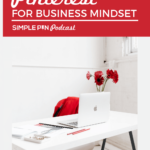
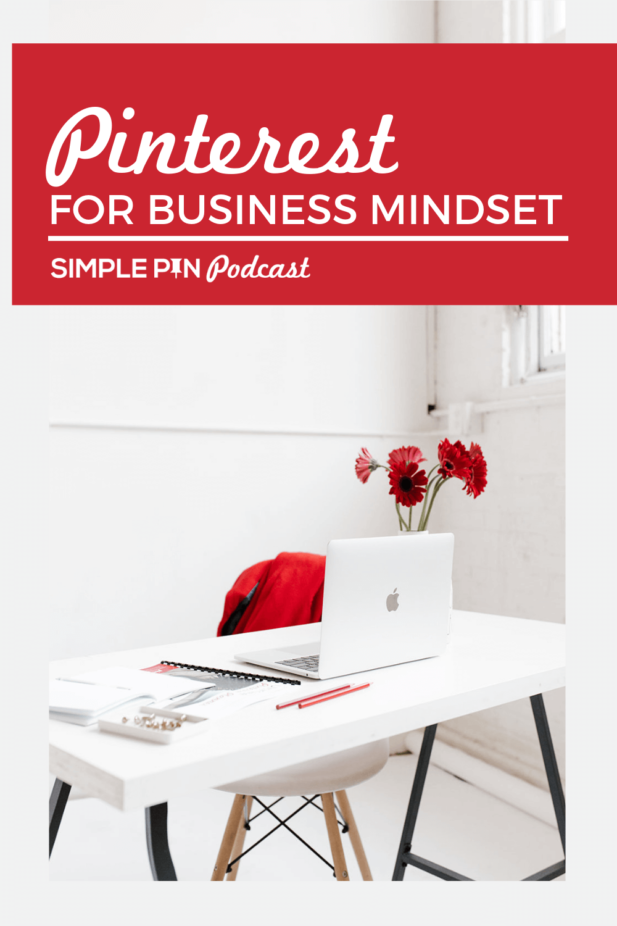


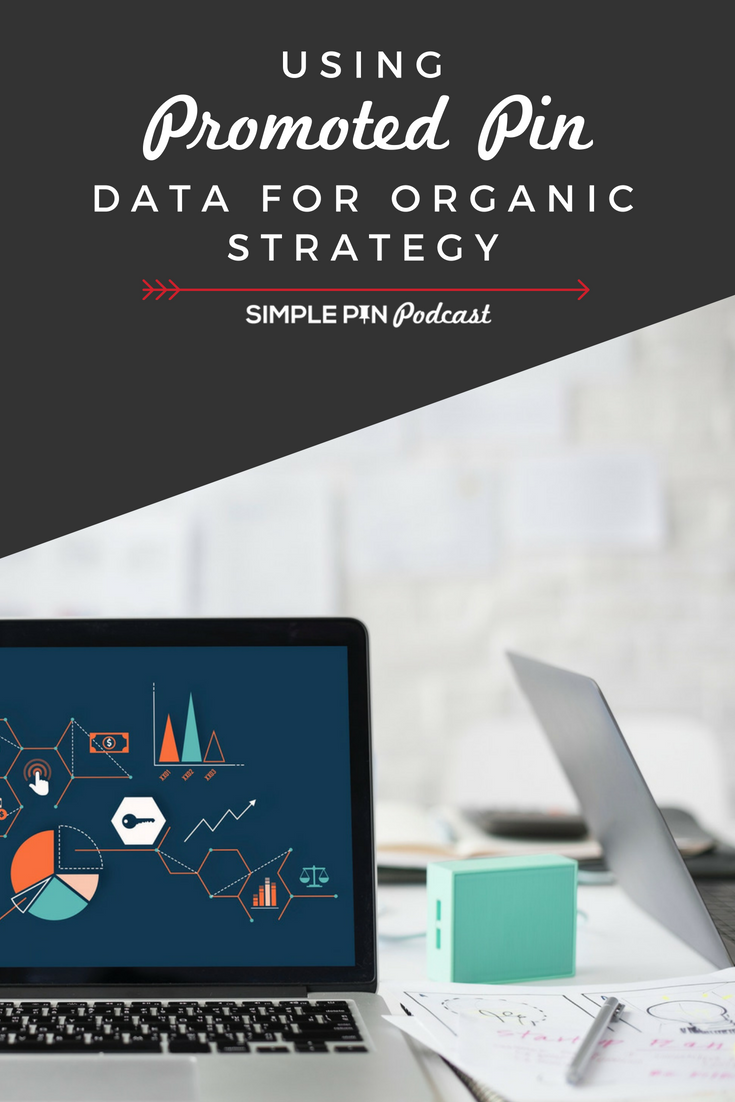


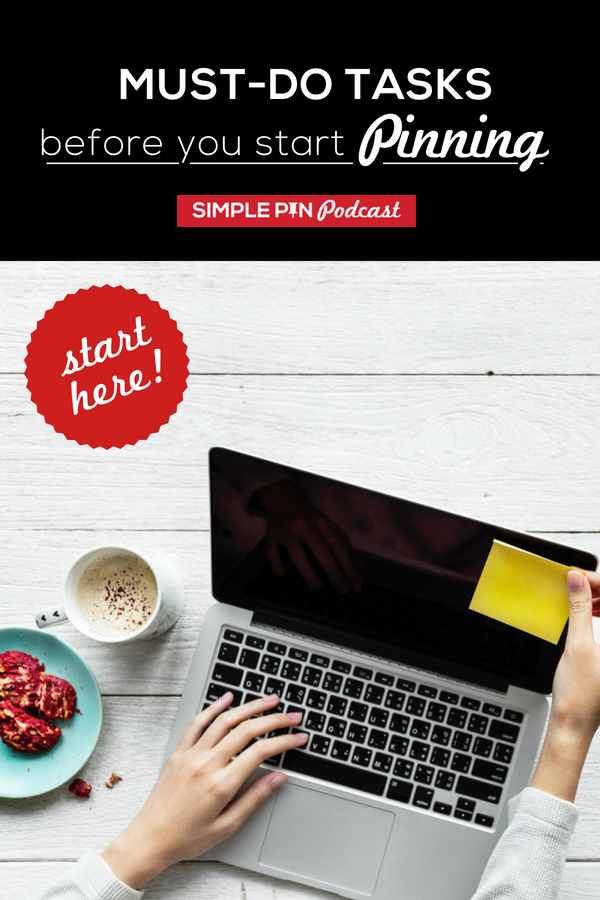
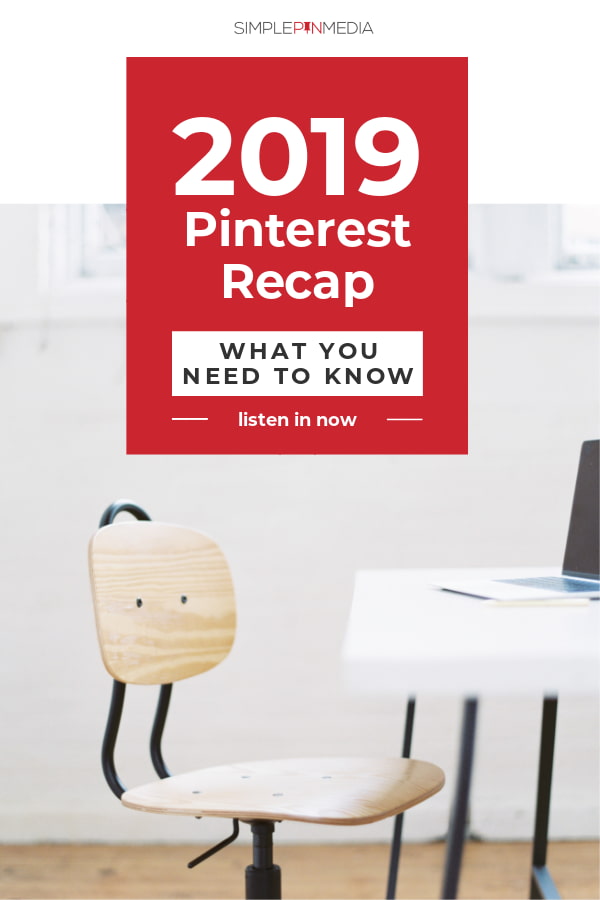
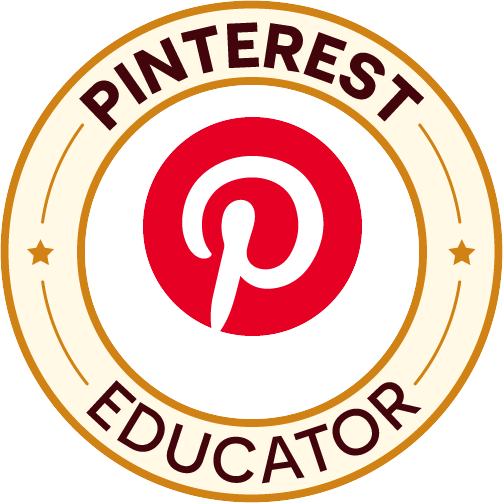

Thanks for the info, Kate!
I thought group boards watered down our pins?
Hey Susie, not sure what you mean?
Pinning to particular boards, like a backpacking adventure pinned to my Hiking board, is supposed to be better for the pin than pinning it on general blogger group boards. I’ve been pinning to them very sparingly.
What you say is accurate, so pinning to group boards with a generic, wide-range title (e.g. “Best Bloggers on Pinterest”) won’t be nearly as effective as pinning to a group board that’s very niched down (like the example that you gave).